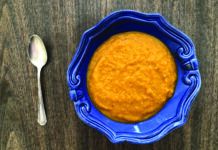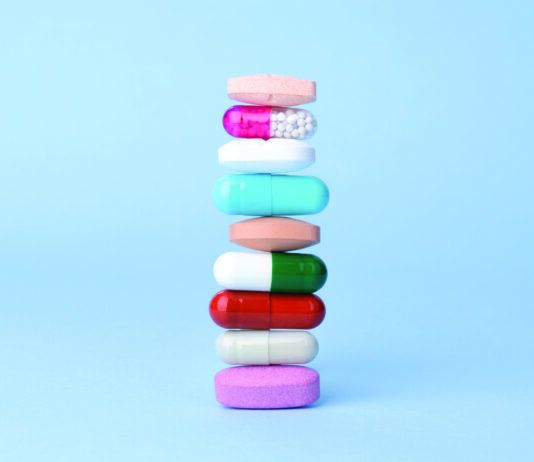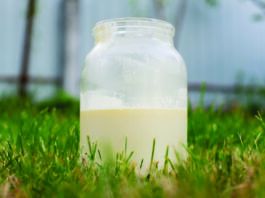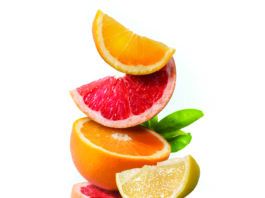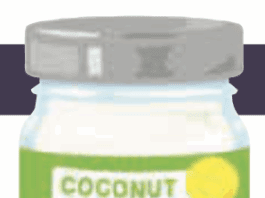Q: Your March 2009 newsletter discusses obesity, as measured by Body Mass Index (BMI)....
Answer : The easiest way to calculate BMI, especially for the math-phobic, is to enter your height and weight into one of the many BMI calculators...
Q: I take a multivitamin with my morning cup of tea. Do I need...
Answer : In general, theres no need to be concerned about tea blocking the absorption of vitamins or other nutrients, according to Jeffrey B. Blumberg, PhD, director of the Antioxidants Research Laboratory at Tufts Jean Mayer USDA Human Nutrition Research Center on Aging...
Q: In your May issue you illustrated the radura sign for food treated by...
Answer : You might want to switch caterers. Trichinosis is caused by ingestion of the Trichinella spiralis parasite, also known as trichina.
Q: I have long read recommendations of low-fat milk. How about powdered milk? I...
Answer : Just like regular milk, powdered or dry milk comes in different types. The most important difference is whether the milk is nonfat or whole.
Q: Besides being kosher for religious purposes, whats the difference between kosher salt and...
Answer : Kosher salt, like most supermarket sea salt, is much coarser-grained than ordinary table salt.
Q: Is it contraindicated for individuals at risk of developing calcium oxalate kidney stones...
Answer : Lesley Stevens, MD, MS, an assistant professor of medicine at Tufts, replies, Vitamin D supplements are not necessarily...
Q: Given the recent reports about bacterial contamination in nuts, does it make sense...
Answer : We checked your nut idea with Helen Rasmussen, PhD, MS, RD, an instructor at Tufts Friedman School and Senior Research Dietitian at the HNRCA Metabolic Research Unit.
Q: A friend in India claims that it is not advisable to eat fruit...
Answer : Tufts Rasmussen and Litvak again have the answer: After eating a meal, all the food we have consumed begins to break down in the stomach...
Q: I have osteoporosis, and my doctor wants me to take 1,000 IU daily...
Answer : Its true that vitamin D can be toxic at extremely high levels and, technically, your total intake would be above the 2,000 IU daily Tolerable Upper Intake Level (UL) ...
Q: Ive noticed that some cereals contain freezedried fruit. How does freeze-dried compare to...
Answer : The practice of freeze-drying foods dates to the ancient Incas, who would set out their crops on the slopes of the Andes, where the foods would freeze and then slowly dry ...




